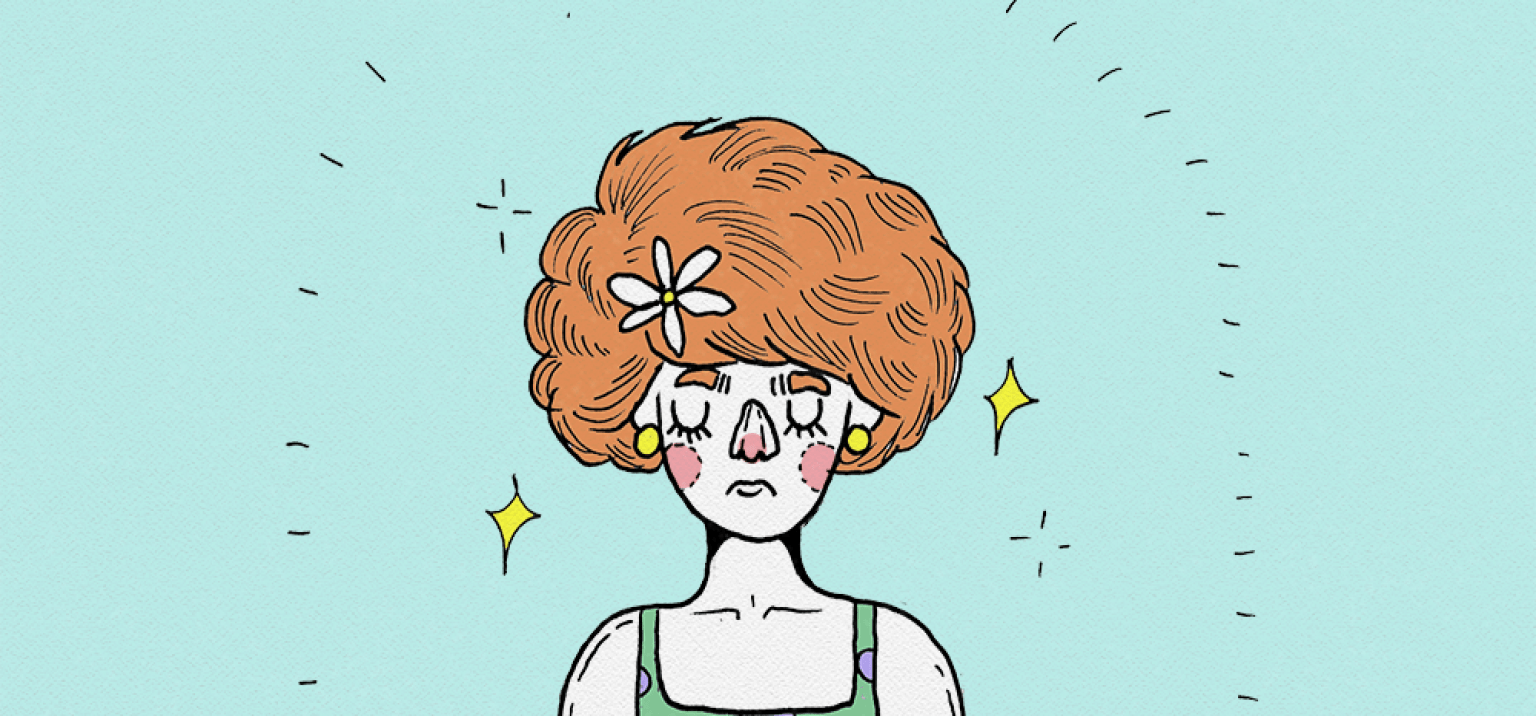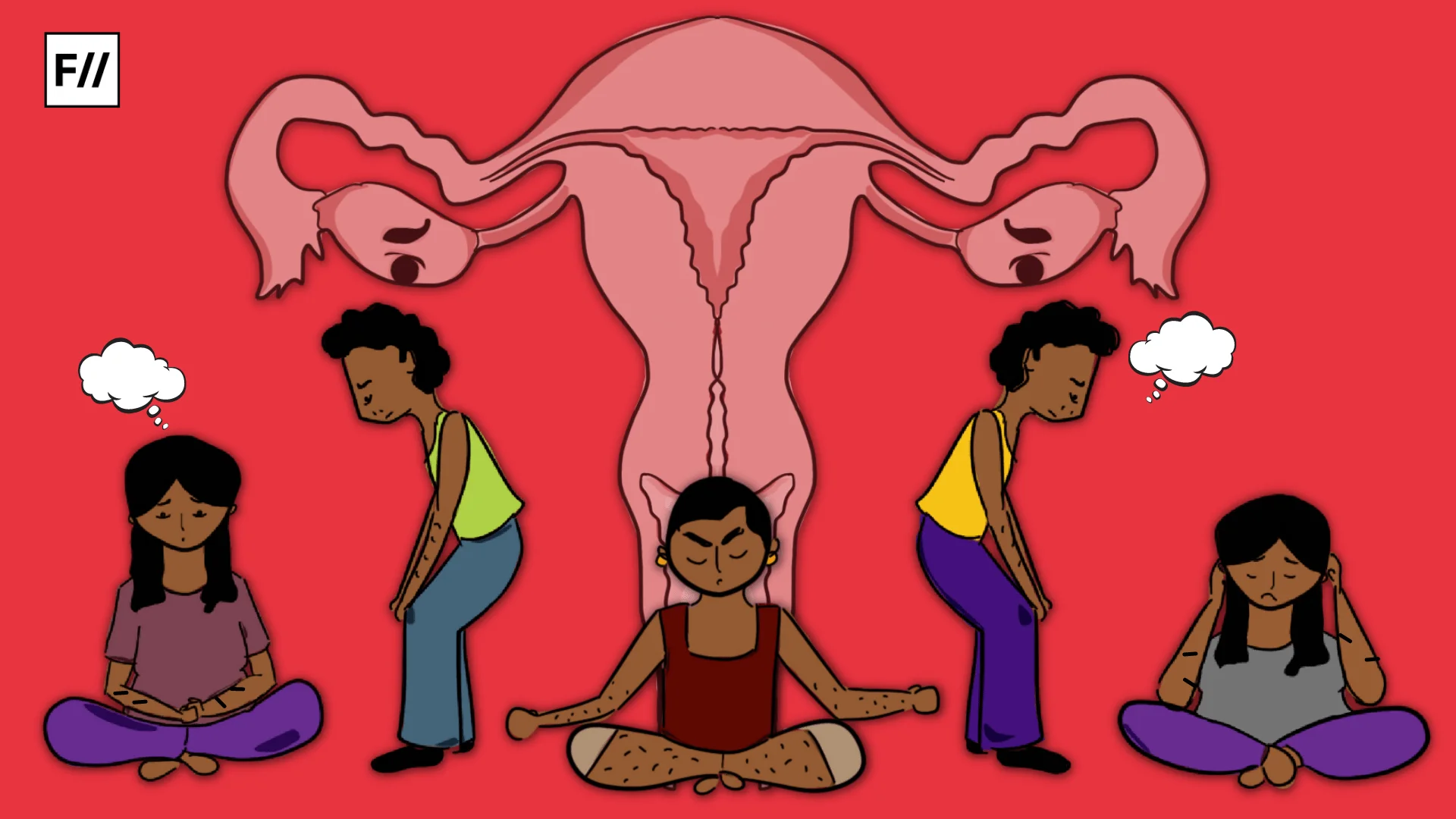Menopause and mental health have not been a very active part of discussions at the dinner table. This has happened mainly for two reasons. One, the long-drawn stigma against any conversation regarding a woman’s reproductive health and mental health and two, because menopause is mostly regarded as something that brings physical changes in a woman’s body but is barely ever associated with the psychological changes a person goes through during this period.
In a country like India, with its vast cultural and social divide, it becomes difficult to narrow down which particular section of the society talks more or less about menopause, uses resources to combat the issues brought forth by menopause or decides to just ride it out. There have been several statistical studies that have worked in certain regions to understand the emerging pattern of menopause in India. One such study focused on women in Haryana.

It highlighted how the earlier onset of Menopause leads to a higher mortality rate and how the more children women have, the earlier they will have menopause. Some of the possible symptoms of menopause are psychological, psychosomatic, urogenital and sexual dysfunction, hot flushes, breast tension, urinary difficulties, sleeping disturbance, palpitation, memory loss and depression. Due to the lack of awareness about a woman’s reproductive health, many tend to believe that all these symptoms are related to ageing and not to menopause. In rural areas of India and in the lower strata of Urban India, there is not enough awareness about the emerging health facilities available to counter such myths or misconceptions.
Some of the possible symptoms of menopause are psychological, psychosomatic, urogenital and sexual dysfunction, hot flushes, breast tension, urinary difficulties, sleeping disturbance, palpitation, memory loss and depression. Due to the lack of awareness about a woman’s reproductive health, many tend to believe that all these symptoms are related to ageing and not to menopause.
Mental Health Stigma And Menopause
During Menopause, due to the changes in the hormonal structure of the female body and the additional labour and care work that women are expected to do socially, they are more prone to depression and anxiety issues. People who have mothers past the age of menopause remember the years of their menopause as a couple of years when their mother was really ‘chidchidi’ or irritated. The fact that we fail to identify these symptoms also affect the relationship the woman has with her family members.

The atmosphere of her house is a bit strained. In fact, a research paper found out that in the families where the husband is aware of menopause and its complexities, fewer women were found to be depressed than compared to where husbands were not aware. Becoming aware also makes us more sensitive to such issues and we handle things with greater care and fill it more with discussions and solutions rather with heated arguments. Mental health is looked after with greater care and is not treated as an ‘issue’, with a negative connotation.
Also read: Let’s Talk About Menopause And What All It Entails
There is a general sense of being lost, forgetting things, sleep deprivation and anxiety issues that affect your work life. Menopause generally happens between the ages of 42-55 and this is the time where most women take up leadership roles in their workplace. A Harvard Business study talks about how women either go through a very difficult time at their jobs or end up pausing their career life at the height of it. This is because most workspaces have not been very accommodating of women’s’ health issues like menopause due to lack of leadership. One of the reasons for the lack of leadership is that these matters at hand hindered women’s growth due to the lack of acknowledgement of their health. It is a very vicious cycle that puts a strain on a woman’s career.
For marginalised women, who belong to lower economic and social strata or caste, their mental health goes un-addressed. In India, Center for Mental Well-Being is still very up and coming, and the access to therapy and counselling has not reached a large number of the population.
For marginalised women, who belong to lower economic and social strata or caste, their mental health goes un-addressed. In India, Center for Mental Well-Being is still very up and coming, and the access to therapy and counselling has not reached a large number of the population. Mental health facilities specifically for menopause is not a concept. From what I have observed on my own, the maximum your gynaecologist would do is connect you to a doctor who would prescribe anti-depressants. Therapy is very far. And even this facility would come only to people with a lot of privilege.
Also read: Breaking The Silence Around Menopause And The Need For A Discourse Around It
To counter these issues, there is needs to be more awareness programs around this topic. Asha bahus or midwives that work for the government can be trained for this task. Health and wellness centres should house gynaecologist and trained psychologists or counselors. And if you, as a reader, recognize that someone in your life is going through this then you can try and be kinder to them. This period is an extremely transformative period for any woman, and the lack of support or our ignorance makes it harder for those women to ask for support if they require that.
References
- Economic and Political weekly review on Menopause
- Harvard Business Review
- Menopause: Midlife Experiences of Low Socio-Economic Strata Women in Haryana.
Featured Image Source: Calm Clinic
About the author(s)
Varisha Tariq is a recent undergraduate from Ashoka University and she likes reading about politics and deconstructing gender and patriarchy. She aspires to be a writer, business-owner, foreign diplomat and Prime Minister of India all at once although she is currently running an NGO in Lucknow, focused on the education and empowerment of women.





I am so glad I read this article. I wasn’t aware that menopause affects mental health. I hope everyone reads it for the sake of their loved ones.